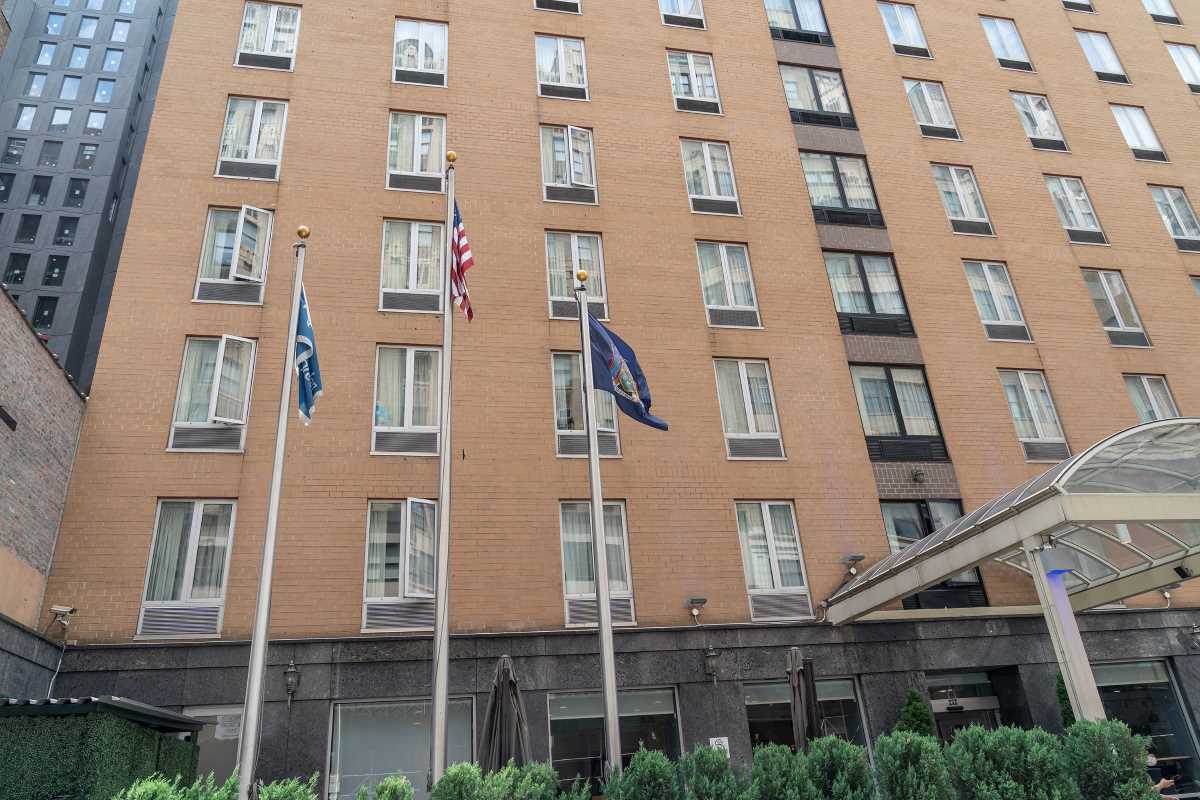There has long been talk of transforming empty motels into homeless shelters or affordable housing. Still, as the COVID-19 pandemic’s impact on tourism depleted hotels around the world of visitors, the conversation became louder. If these buildings, complete with private rooms with beds and kitchenettes, are sitting there empty, why can’t they be filled with people who need a place to stay?
When the coronavirus was running most rampant, it was beneficial to every community member for everyone — including homeless people — to quarantine themselves as much as possible to prevent the spread. FEMA offered generous reimbursement to hotels that temporarily allowed high-risk people and people infected with the virus to isolate themselves if they didn’t have another place to go.
Too Soon to Pull Plug on Sheltering in Hotels
But as the virus becomes less severe and vaccination rates increase, homeless people taking shelter in hotels have now been sent back to the streets or into the overburdened shelter system. In New York, thousands of homeless people sheltering in place in hotels throughout the pandemic now face a return to congregate shelters, even as rates of homelessness are incredibly high.
It is good that COVID-19 cases are declining enough in the US that we don’t need such intense precautions to prevent community spread anymore. But treating homeless people who have been staying in otherwise-empty hotels throughout the pandemic as an inconvenience begs the question:
Do we only care about our homeless neighbors when we’re worried they’ll infect us with a virus?
As a recent Invisible People article pointed out, removing homeless people from these hotel shelters reinforces messages like:
- “Homelessness results from poor choices or personality flaws” instead of the affordable housing crisis, and
- “We don’t think they deserve access to the most basic of needs.”
Opportunity to Provide Permanent Housing
Luckily, the pandemic provided an opportunity to think creatively about how to help homeless people find more permanent, comfortable housing. There remains a push to keep looking at hotels as potential shelters or long-term affordable housing sites.
In October, as the coronavirus was running rampant, activists in Vancouver were looking at another epidemic: the drug overdose crisis. They successfully converted a hotel into supportive housing, complete with on-site mental health workers and an overdose prevention clinic.
It’s not free. Residents pay $375 a month to live there. But it’s certainly a much more affordable option than people will find elsewhere in the city. It actively provides a safety net for people at risk of overdosing on opiates, preventing death and homelessness.
In Oregon, Project Turnkey has turned a hotel in Eugene into a shelter for people displaced by devastating wildfires in September. Even better, more of these sites are planned. Other cities across the state are receiving government funding to turn hotels into shelters or permanent supportive housing for wildfire survivors and other unhoused populations.
Turn Hotels into Long-Term Affordable Housing Options
Different cities have been taking different approaches to their programs. In Klamath Falls, for instance, the plan is to find permanent supportive housing for formerly incarcerated people.
The key to plans like these is to ensure they aren’t just utilized in times of crisis then forgotten. Like a current Oregon House Bill, legislation that would change laws around turning hotels into long-term affordable housing is a good step in the right direction toward making sure there is housing for everyone.
Ultimately, it is obscene to have homeless encampments stationed outside empty hotels and motels. It is also a grotesque display of wealth inequality and the ambivalence or hatred toward our homeless neighbors. One thing is clear: there is a lot of unused space in this country. Hotel rooms shouldn’t sit vacant while we shuffle homeless people around from shelters and encampments.
We need to continue utilizing creativity born out of the dire situation that is the coronavirus pandemic. We cannot just abandon our homeless neighbors once their needs are no longer relevant to the rest of us. Contact your legislators and tell them you support buying hotels and converting them into permanent, affordable housing units.













